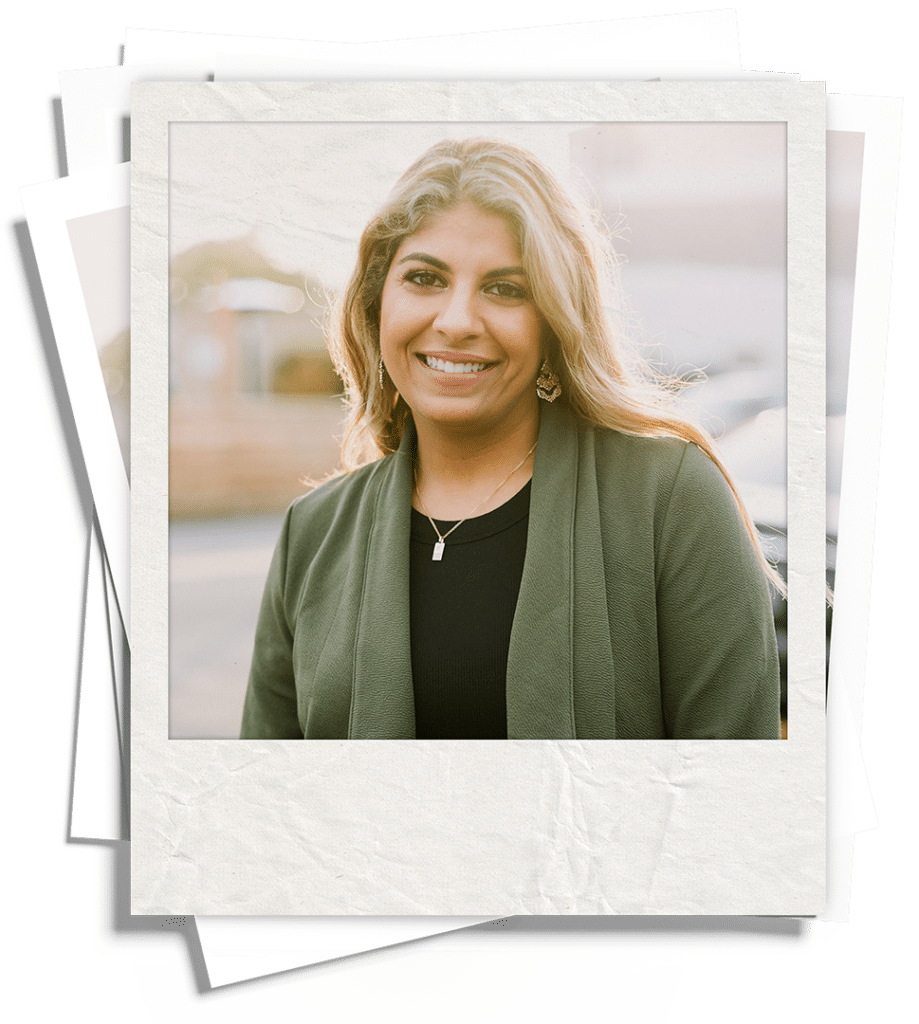In 1929, widespread rumors circulated that banks were unstable. This caused people to withdraw their money and keep it in their homes instead. The panic and the mass withdrawals actually caused the banks to collapse, and the Great Depression was officially underway.
In 2020, there was fear that there would be a shortage in supplies during Covid-19. This is what caused people to run out and overbuy things like toilet paper, hand sanitizer, and even food. As a result of the panic buying, stores actually experienced a shortage in these items, leading to more panic.
What do both of these examples have in common? They are both examples of the Anticipatory Principle, or more commonly referred to as self-fulfilling prophecies. We see countless examples of these all around us, not just in historical or economic contexts. They play out in our careers, our relationships, and every decision we make about our lives.
Understanding the Anticipatory Principle
The Anticipatory Principle is simple yet profound: our actions are guided by our anticipation of the future. What we expect to happen significantly influences what actually happens. This isn’t magic or wishful thinking – it’s about how our beliefs shape our behaviors, which in turn shape our reality.
Think about your own life. When you wake up expecting a terrible day, how do you show up? You’re probably less open, more defensive, quicker to interpret neutral situations negatively. And what happens? You create the very experience you anticipated. Conversely, when you approach your day with curiosity and openness, you notice opportunities, engage more authentically, and often have a fundamentally different experience.
This principle is deeply relevant to the work I do through Recalibrate Coaching. Many of my clients come to me living in a default life, one they were told to live rather than one they consciously chose. They’ve been operating on autopilot, guided by old stories, familial conditioning, and societal expectations about who they “should” be. These inherited narratives create anticipations about their future that keep them stuck in patterns that no longer serve them.
The Power of the Pause
Rollo May, the existential psychologist, captured something essential about human freedom: “Human freedom involves our capacity to pause between stimulus and response and, in that pause, to choose the one response toward which we wish to throw our weight.”
This pause is where transformation lives. It’s the space between what happens to us and how we choose to respond. Yet how often do we actually pause? How present are we really?
Most of us move through life on autopilot, reacting rather than responding. We encounter a situation, and before we know it, we’ve acted according to our conditioning, the patterns we’ve inherited from our families, our culture, our past experiences. We don’t pause to ask: “Is this who I truly am? Is this the response that aligns with my authentic self?”
In my Recalibrate practice, this pause is sacred ground. It’s where we examine the limiting beliefs that have been running your life, where we uncover the assumptions you’ve been treating as truth, and where you begin to reconnect with your soul’s true purpose and desires.
If/Then Thinking: The Stories We Tell Ourselves
Our anticipations often take the form of if/then statements: “If I speak up in this meeting, then people will think I’m difficult.” “If I pursue what I really want, then I’ll disappoint my family.” “If I’m vulnerable, then I’ll get hurt.”
These conditional statements are rarely examined, yet they dictate our choices. They create a narrow view of possible futures and limit our options before we even begin. The problem isn’t that we make predictions. It’s that we accept them as inevitable truths rather than one possible outcome among many.
Through Recalibrate Coaching, we identify these if/then patterns and trace them back to their origins. Often, they’re based on outdated information, childhood experiences, or cultural conditioning that no longer applies to your life. When we expose these beliefs to the light of conscious examination, we can choose different stories – ones that serve our authentic selves rather than constrain them.
Practicing Committed Acceptance
Here’s where it gets interesting: creating an intentional future doesn’t mean denying reality or engaging in toxic positivity. It requires committed acceptance, acknowledging what is while simultaneously committing to what could be.
Committed acceptance means being fully present with your current reality. It means recognizing the conditioning you’ve internalized, the limiting beliefs you’ve been operating from, and the ways you’ve disconnected from your authentic self. But it also means refusing to accept these as permanent conditions.
You can acknowledge that you feel stuck in your career while simultaneously committing to uncovering what truly calls to you. You can accept that you’ve been living according to others’ expectations while choosing to reconnect with your own values and desires. Present acceptance and future intention aren’t contradictory. They’re complementary.
We Become What We Think About
There’s a timeless truth that runs through psychology, philosophy, and spiritual traditions: we become what we think about. We are the sum total of our thoughts. Your present results are the effects of previous thoughts. If you want a different outcome, change your thoughts.
This isn’t about superficial positive thinking or affirmations plastered over deep disbelief. It’s about fundamentally examining and transforming the thoughts that have been shaping your life, many of which you didn’t consciously choose.
The Recalibrate methodology is built on this understanding. When we work together, we don’t just identify limiting beliefs, we replace them with new, empowering belief systems that are grounded in your authentic truth. We transform the conditioning that has been operating beneath your awareness and create new patterns aligned with who you truly are.
Think With Purpose, Not Panic
The banks in 1929 and the toilet paper shortage in 2020 both demonstrate what happens when we think with panic rather than purpose. Panic is reactive, contagious, and narrows our vision. Purpose is intentional, grounded, and expansive.
When you think with purpose, you ask: What do I truly want to create? What values do I want to guide my decisions? What kind of life am I committed to building?
When you think with panic, you ask: What if everything goes wrong? What will people think? What’s the safest path?
Purpose creates possibility. Panic creates limitation.
The question becomes: How do you create a world that you wish to live in rather than one that you just find yourself in?
Creating Your Intended Future
Being present doesn’t mean abandoning planning or intention. In fact, true presence enhances your ability to make conscious choices about your intended future. When you’re not lost in the stories of the past or the anxieties about what might happen, you can clearly see what is, and from that grounded place, choose what will be.
The Anticipatory Principle reminds us that we’re not passive recipients of whatever the future brings. Our thoughts, beliefs, and expectations actively shape what unfolds. The question is: Are you creating your future consciously, or are you letting old conditioning and unexamined beliefs do it for you?
The Choice Is Yours
Every moment offers that sacred pause Rollo May described. In that space between stimulus and response, you have a choice. You can react according to old patterns, or you can respond from your authentic self. You can anticipate a future based on fear and limitation, or you can envision one based on your deepest values and truest desires.
The Anticipatory Principle is already working in your life. The only question is: What are you anticipating? And is that anticipation serving the life you truly want to create?
If you’re ready to examine the beliefs shaping your future, to uncover the conditioning that’s been running your life, and to recalibrate toward your authentic self, that transformation begins with a choice to pause, to look honestly at what is, and to consciously create what will be.
Your future isn’t something that happens to you. It’s something you actively create with every thought, every belief, every choice. What will you choose to anticipate today?
Ready to dive deeper into your recalibration journey? Discover more transformative insights on my Medium page and YouTube channel. For ongoing inspiration, catch the latest Disrupting Default podcast episodes on Spotify or Apple Podcasts, or visit the show’s website for additional resources.








